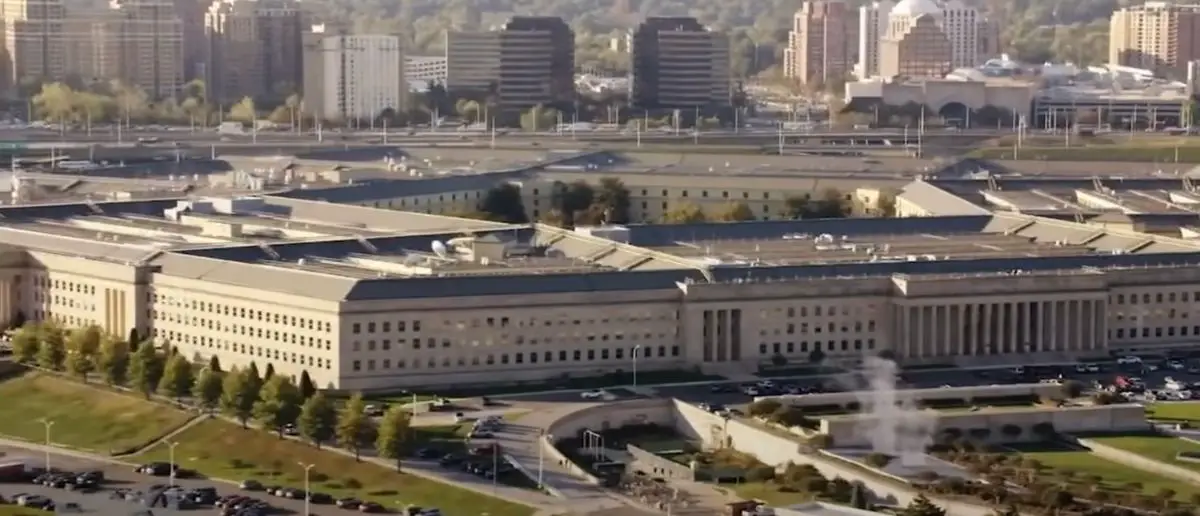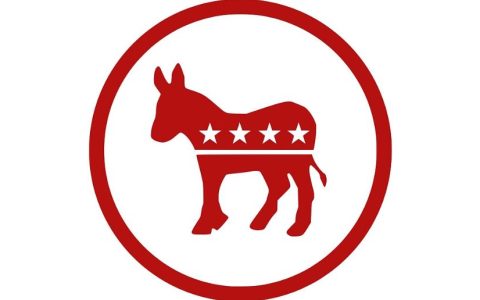
Was it a hack or a mole? These are the answers we deserve.
Because the Pentagon is melting down after a devastating leak put America in danger.
A new breach of classified information involving Israel’s military plans to attack Iran has sparked serious national security concerns, as the Pentagon scrambles to find the source of the leak.
The National Security Council has labeled this breach “unacceptable,” underscoring the danger such leaks pose not only to U.S. interests but also to the stability of key global alliances.
“I know the Department of Defense is investigating this and I’m sure that as they work through that, they’ll try to determine the manner in which they did become public,” National Security Council spokesman John Kirby stated. However, the Biden-Harris administration has yet to explain how this sensitive information made its way into the public domain.
“That is not supposed to happen,” Kirby added, driving home just how serious the situation is. “And it’s unacceptable when it does.”
This kind of security lapse sends shockwaves far beyond Washington. President Biden is reportedly “actively monitoring” the investigation, expressing deep concern over the potential damage such leaks can cause to U.S. national security and international relations. While the administration attempts to contain the fallout, military experts warn that the harm has already been done.
The leaked documents were shared on Telegram by the account @Middle_East_Spectator, which claimed ignorance about the original source of the classified information, speculating that it could have come from a whistleblower within the Defense Department.
While Telegram has often been a conduit for leaks, this latest incident is particularly alarming due to the sensitive nature of the information and the critical timing.
Military analysts like Alex Plitsas, a senior fellow at the Atlantic Council, emphasized just how dangerous the leak is for both Israel and the U.S.
“This weekend’s leak of the US assessment of Israel’s readiness to conduct the attack was damaging because it provided the status of the readiness but also what wasn’t ready,” Plitsas warned, explaining that Israel’s adversaries now have valuable insight into gaps in their military preparation.
Such intelligence could allow hostile nations like Iran to shift their strategies or launch preemptive attacks, further destabilizing the region.
Plitsas called the leak “dangerous & unhelpful,” a grave understatement given the potential consequences for American and Israeli security.
As the Defense Department races to uncover the source, the White House claims there’s no reason to expect another leak. “We don’t have any indication, at this point, that there’s an expectation that there will be additional documents like this finding their way into the public domain,” Kirby assured.
Yet, with such a significant breach, confidence in the administration’s ability to contain the damage may be hard to restore.
This incident couldn’t come at a worse time. U.S.-Israel relations have already been strained following Hamas’ brutal Oct. 7 attack, which k*lled 1,200 people in southern Israel.
The leak only adds to the tension, threatening to undermine trust between two long-standing allies.
The Pentagon has been here before, facing a similar crisis 18 months ago when then-Air National Guardsman Jack Teixeira leaked Ukrainian war plans.
That incident caused a rift between Washington and Kyiv, and it remains to be seen whether this latest breach will have similar repercussions for U.S.-Israel relations.
Teixeira was eventually sentenced to 16 years in prison for his role in the Ukraine leak, but the damage was done. As the investigation into the Israeli leak continues, the stakes are high — American national security and its credibility with key allies are once again on the line.
Stay tuned to the DC Daily Journal.





